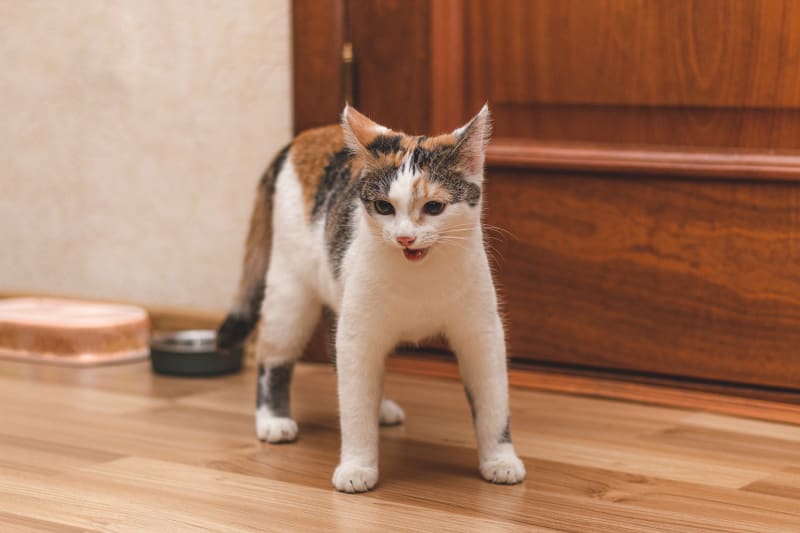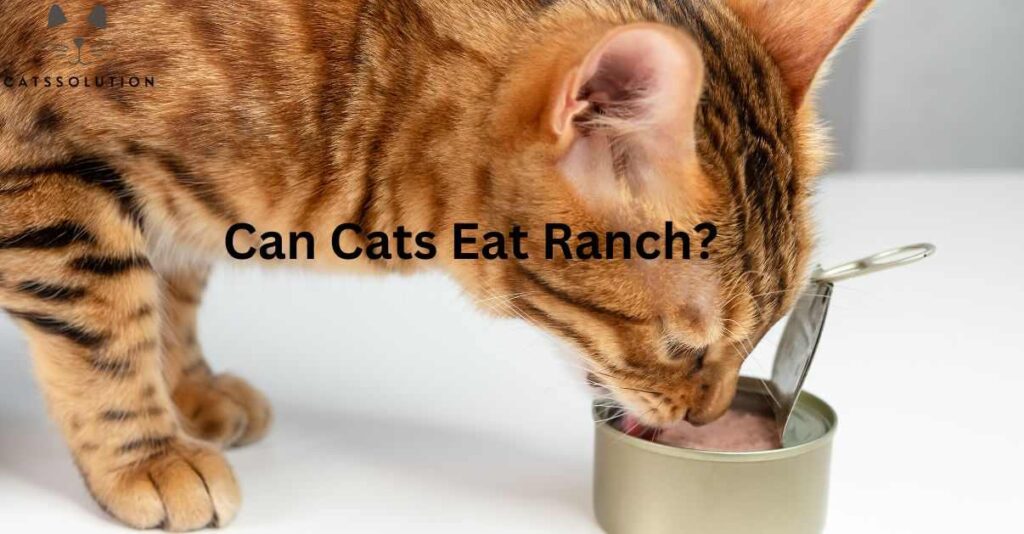As a cat owner, you care about your pet’s health. When your cat starts dry-heaving, it’s natural to worry. Let’s explore why this happens and how you can help your furry friend.
Contents
What is Dry-Heaving?
Dry-heaving is when your cat tries to vomit but nothing comes out. Your cat might gag, retch, or make a hacking sound. This can be scary to witness.
Common Causes of Dry-Heaving in Cats
There are many reasons why your cat may dry-heave. Let’s look at some common causes.
1. Hairballs
Cats groom themselves a lot. They often swallow hair while grooming. Sometimes, this hair forms a ball in their stomach. Your cat may dry-heave to try to get rid of the hairball.
2. Eating Too Fast
Some cats eat their food too quickly. When this happens, they might choke or gag. This can lead to dry-heaving.
3. Foreign Objects
Cats are curious creatures. They might eat small objects that they shouldn’t. If something gets stuck in their throat, they may dry-heave to try to dislodge it.
4. Respiratory Infections
Cats can get colds and other respiratory infections. These illnesses can cause coughing and dry-heaving. If your cat has a runny nose or watery eyes, a respiratory infection might be the cause.
5. Nausea
Nausea can make your cat feel like they need to vomit. This can lead to dry-heaving. Nausea can be caused by many things, including eating something bad or having a tummy ache.
When to See a Vet
Sometimes, dry-heaving is a sign of a serious problem. If your cat’s dry-heaving doesn’t go away, you should visit your vet. Here are some warning signs to watch for:
- Dry-heaving that lasts more than a day
- Loss of appetite
- Weight loss
- Difficulty breathing
- Lethargy or lack of energy
If you see any of these signs, it’s best to get your cat checked by a vet. Early treatment can make a big difference.
How to Help Your Cat
There are some things you can do at home to help your cat. Here are some tips:
1. Brush Your Cat Regularly
Brushing helps remove loose hair. This can reduce the number of hairballs your cat forms. Make grooming a regular part of your cat’s routine.
2. Use A Slow-feeder Bowl
Slow-feeder bowls make it harder for your cat to eat too quickly. These bowls have special designs that slow down eating. This can help reduce dry-heaving caused by eating too fast.
3. Keep Small Objects Out Of Reach
Make sure your home is safe for your cat. Keep small objects out of their reach. This can prevent them from swallowing something they shouldn’t.
4. Provide Plenty Of Water
Make sure your cat always has access to fresh water. Staying hydrated is important for their overall health.
5. Monitor Your Cat’s Health
Keep an eye on your cat’s health. If you notice any changes, talk to your vet. Regular check-ups can help catch problems early.

Credit: www.petco.com

Credit: www.metrowestvetclinic.com
Frequently Asked Questions
What Causes Cats To Dry-heave?
Dry-heaving in cats can be caused by hairballs, eating too fast, or respiratory issues.
Can Stress Make My Cat Dry-heave?
Yes, stress can lead to dry-heaving due to anxiety and digestive disturbances.
Should I Be Worried About Dry-heaving?
Frequent dry-heaving warrants a vet visit to rule out serious health issues.
How Can I Help My Dry-heaving Cat?
Offer small meals, keep them calm, and consult your vet for advice.
Conclusion
Dry-heaving can be scary, but it’s often manageable. By understanding the causes, you can help your cat feel better. Remember to consult your vet if the problem persists. Your cat’s health is important, and early intervention can make a big difference.
We hope this guide helps you understand why your cat is dry-heaving. With the right care, your cat will be back to their happy, healthy self in no time.
| Cause | Description |
|---|---|
| Hairballs | Swallowed hair forms a ball in the stomach. |
| Eating Too Fast | Choking or gagging on food. |
| Foreign Objects | Swallowing small, non-food items. |
| Respiratory Infections | Colds or other infections causing coughing. |
| Nausea | Feeling sick can lead to dry-heaving. |
Additional Resources
If you want to learn more, check out these resources:

Katie Lindsey is a passionate cat lover and founder of Cats Solution, a comprehensive resource for all things feline. With a lifelong love for cats and extensive knowledge in their care and behavior, she provides expert advice and solutions to cat owners. Through her website, Katie fosters a supportive community where cat enthusiasts can find guidance and heartwarming stories. A dedicated advocate for animal welfare, Katie also promotes responsible pet ownership and adoption. Join her on this purr-fect journey celebrating the joy of feline companionship.



